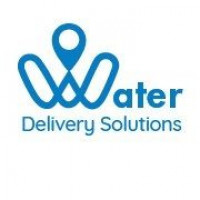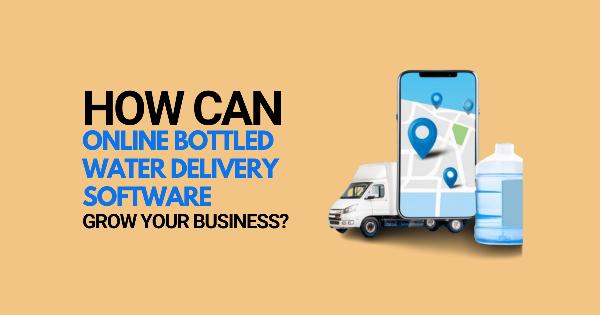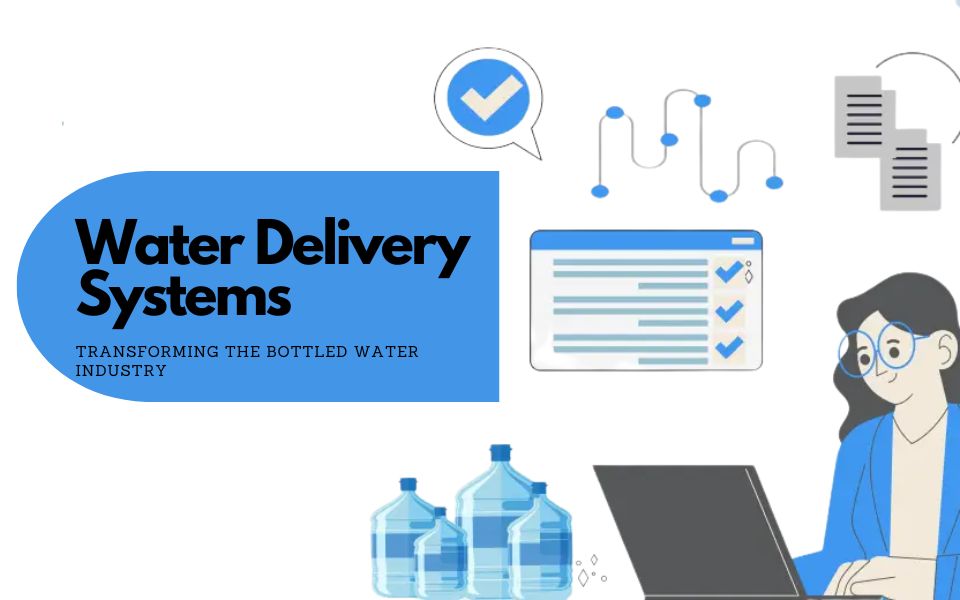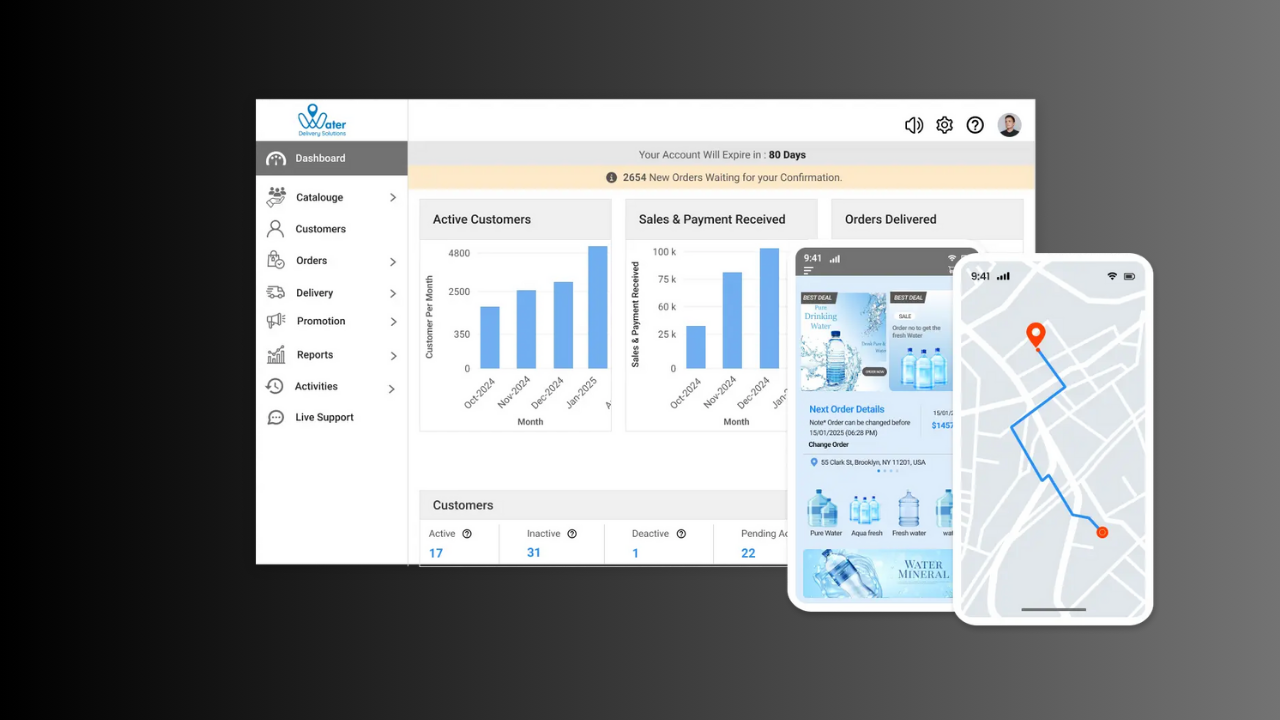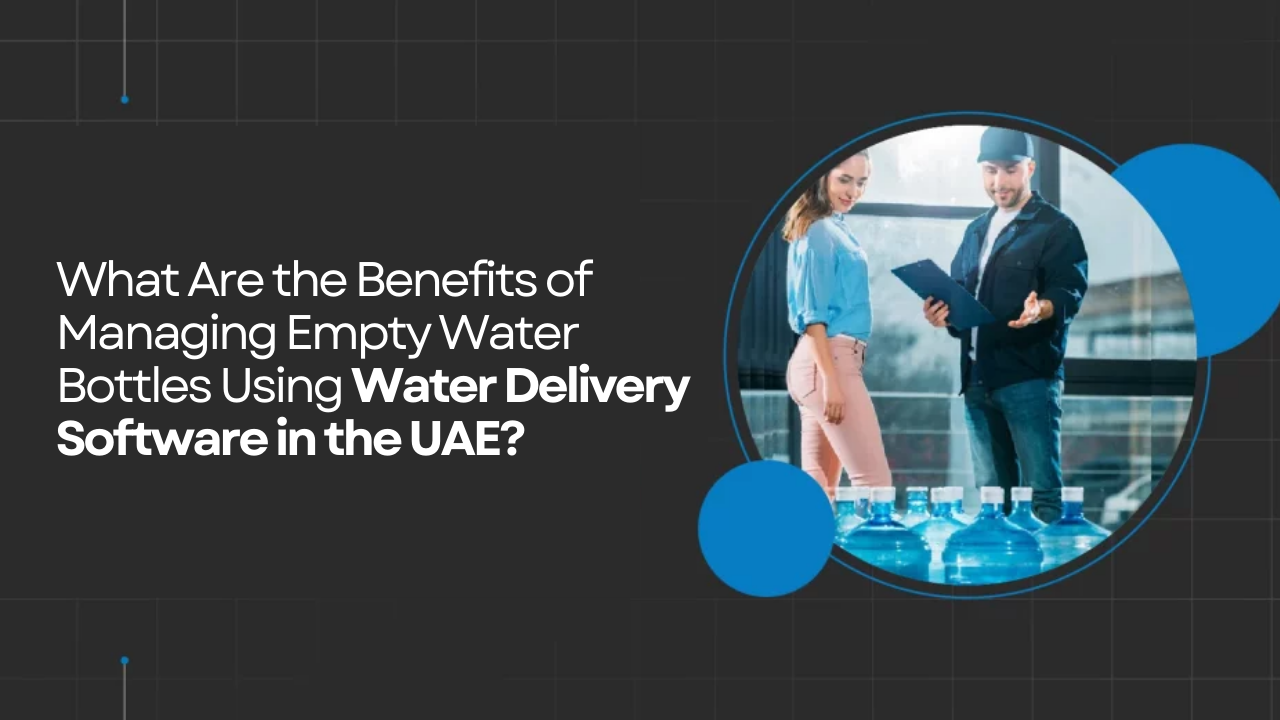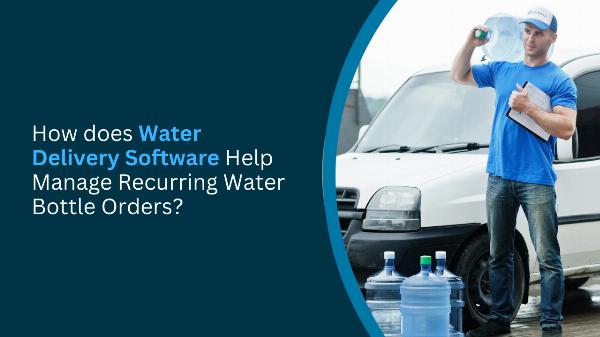A Beginner’s Guide to Understanding Water Delivery System
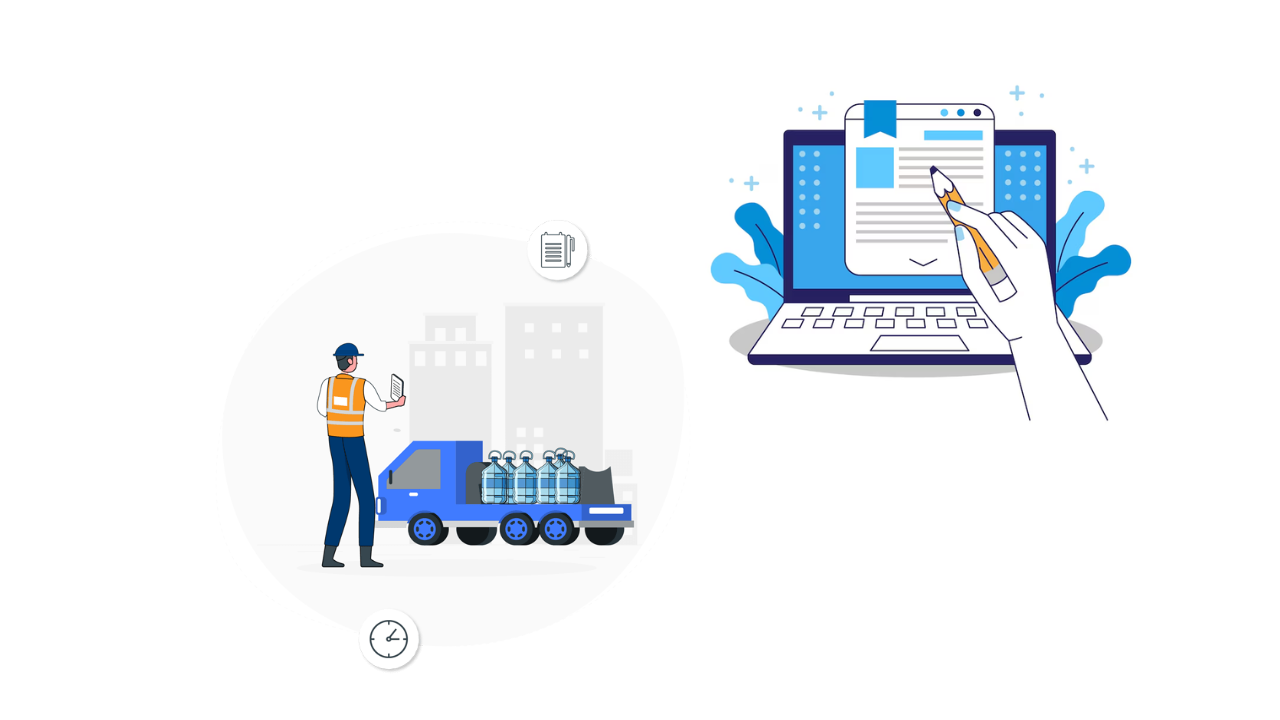
Strong 8k brings an ultra-HD IPTV experience to your living room and your pocket.
Water is essential to life, and ensuring its safe, timely, and efficient delivery has become a critical service for homes, businesses, and industries alike. Whether you're managing a bottled water business, considering a water delivery service for your home, or simply curious about how it works, understanding the basics of a water delivery system is the first step.
In this beginner’s guide, we’ll explain what a water delivery system is, how it works, and why it’s important in today’s world.
What is a Water Delivery System?
A water delivery system refers to the method and infrastructure used to transport water from a source to the end user. This can include anything from large-scale municipal systems that supply water to entire cities, to smaller commercial delivery services that supply bottled water to homes and offices.
We’ll focus more on commercial and residential bottled water delivery systems, which are becoming increasingly popular for their convenience, quality, and efficiency.
Types of Water Delivery Systems
1. Municipal Water Delivery
This is the water supply system used by governments to deliver water through underground pipes to homes and businesses. It’s treated, filtered, and monitored to meet safety standards.
2. Bottled Water Delivery Services
These involve the commercial delivery of purified or spring water in large containers (e.g., 5-gallon jugs) to offices, homes, and commercial establishments. Orders can be made through mobile apps, websites, or customer service lines.
3. Bulk Water Delivery
Used in areas with limited water access, bulk water delivery is often transported via trucks to fill storage tanks for residential or agricultural use.
For the purposes of this guide, we’ll explore how bottled water delivery systems function and the components that make them effective.
How a Bottled Water Delivery System Works
Step 1: Water Source and Purification
The process begins at the source—this could be a spring, well, or municipal supply. The water then goes through a purification process, which may include:
- Reverse osmosis
- UV filtration
- Carbon filtering
- Mineral enhancement
This ensures the water is safe, clean, and of high quality.
Step 2: Bottling and Packaging
Once purified, the water is bottled in sanitized containers of various sizes—most commonly in large 3- or 5-gallon bottles. Labels are added, and the bottles are sealed and stored in a clean environment ready for distribution.
Step 3: Order Placement
- Customers place orders via:
- A website or mobile app
- Phone calls
- Subscription plans
Orders can be one-time or recurring, depending on the customer’s needs.
Step 4: Logistics and Delivery
Delivery drivers are dispatched to deliver bottles to the customer’s location. A delivery management system helps companies:
- Schedule routes
- Track orders in real time
- Notify customers
- Record proof of delivery
Step 5: Bottle Pickup and Reuse
Empty bottles are picked up during the next delivery cycle. They are cleaned, sanitized, and refilled, promoting eco-friendly practices.
Key Components of a Water Delivery System
Understanding the core components of a water delivery operation can help beginners appreciate how much technology and coordination go into it.
1. Inventory Management
Tracks the number of full and empty bottles, caps, dispensers, and delivery stock.
2. Route Optimization Software
Uses GPS and real-time data to plan the most efficient delivery routes, reducing fuel use and improving delivery times.
3. Customer Relationship Management (CRM)
Stores customer profiles, order history, payment preferences, and delivery schedules.
4. Billing and Payments
Integrated billing modules generate invoices, accept digital payments, and send payment reminders.
5. Mobile Access
Drivers and customers often use mobile apps to manage deliveries, track orders, and communicate in real time.
Benefits of Using a Water Delivery System
Convenience
Customers get clean, high-quality water delivered to their door without the hassle of buying and transporting heavy bottles.
Quality Assurance
Water goes through rigorous purification and testing before reaching the customer.
Time Efficiency
Automated scheduling and tracking save time for both customers and delivery teams.
Eco-Friendly
Many delivery services reuse bottles, reducing single-use plastic waste and promoting sustainability.
Scalability for Businesses
For companies that manage water deliveries, using a system improves productivity, reduces human error, and helps scale operations easily.
Who Can Benefit from a Water Delivery System?
Water delivery systems are used by a wide variety of customers:
Residential homes – for daily drinking and cooking needs
Offices – to keep employees hydrated and healthy
Hospitals and clinics – for safe and purified water
Gyms and fitness centers – for hydration of staff and members
Hotels and restaurants – to meet large-scale water consumption needs
If your environment demands regular access to clean drinking water without managing the logistics yourself, then a water delivery system is likely the perfect solution.
Tips for Choosing a Water Delivery Service
If you're new to using a water delivery system, here are some things to look for when selecting a provider:
Water Quality Certifications – Look for NSF, FDA, or ISO certifications.
Flexible Delivery Options – Choose services that allow you to schedule or pause deliveries.
Customer Reviews – Read reviews to learn about service reliability and responsiveness.
Transparent Pricing – Make sure there are no hidden fees or unclear billing structures.
Return Policy – Understand how the company handles bottle returns, damages, or missed deliveries.
Final Thoughts
A water delivery system offers more than just convenience, it ensures that you always have access to safe, clean, and quality water, whether at home or work. With growing awareness around health, hydration, and sustainability, more people and businesses are turning to professional water delivery services.
Understanding how the system works, what to expect, and how to choose the right provider will help you make informed decisions and enjoy all the benefits this essential service has to offer.
Note: IndiBlogHub features both user-submitted and editorial content. We do not verify third-party contributions. Read our Disclaimer and Privacy Policyfor details.

